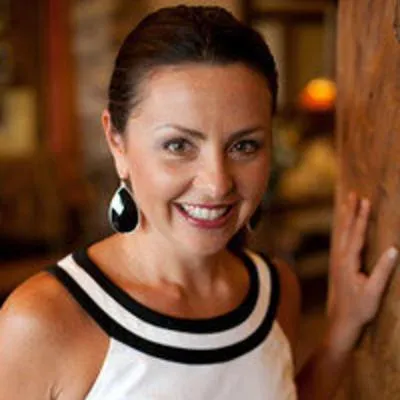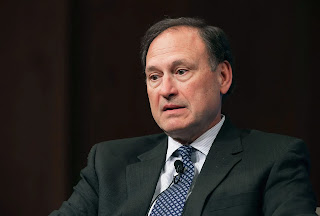It has started already.
The twins, five weeks into their first year of school, have been given materials for the school fund raiser.
If you are not current in the parenting world, you may hear "fund raiser" and think, "Okay, time to carry that order sheet around and hit up the grandparents to buy a couple of stinky candles." If only.
What the Board of Directors brought home is a sign-up for SchoolStore, a kind of online portal/platform that lets folks buy stuff from a couple of different outlets and a whole bunch of the usual Major Merchants. Each purchase through the program earns the classroom money and the individual student points good for Valuable Prizes. Teachers may also win prizes for their classroom's commercial success.
It's elegant and simple; as the veteran faculty member behind a gazillion fundraising projects, I can immediately see the advantages (no more trying to get the product sorted and out to the customers, no more extorting the public in exchange for cheap junk).
But there's a catch.
To get started, your child has to sign up at the site, and sign up is not complete until you've given six email addresses to which the company can send marketing emails (that pretend to be from your child--you can even choose from pre-made PS messages like "I love you" and "Thank you for caring." Once you've handed over the emails, you get a code that goes back to school to certify that your child has signed up, at which point they get a cute participation prize (in our case, a little stuffed creature).
Not since political operatives started sending messages that "We need your input on this important survey!" has anyone come up with such a wickedly efficient method for harvesting contact information. That stuff is golden. I worked a couple of summers taking phone orders for a catalog company, and one of the things I learned is that a major source of their income was selling lists of contact information. Of course, companies these days promise they won't "sell" contact lists, just "share" it with their "trusted partners," which is a distinction without a difference.
The leverage, of course, is that I start my day with a five year old in tears because his classmates are getting stuffies and he is not.
I don't fault the school, entirely. The real solution to all this is to fund schools fully and properly so that they don't have to explore other avenues for revenue. On the other hand, I am also wondering if the digital citizenship units have anything to say about being cautious with your own and other peoples' information on line.
So now my wife and I have a choice.
My preferred choice is to skip the whole thing, but that is going to require us to develop some sort of in-house lesson/explanation about all of this, because I'm starting my day with a little boy in tears because every day some of his classmates are getting a participation stuffie and he is not. I suppose we could just wait it out and he'll get over it. In the meantime, the boys have very little experience with computers, so explaining dealing with data harvesting operations is going to be a stretch. Nor am I ready for the "sometimes people in charge are just wrong and you should ignore them," because there's no way that can end badly for five year olds.
I could just make up some email addresses to fill in the six spots, and since, as mentioned, the boys are not particularly sophisticated about computer stuff, we can get away without having to have a talk about the ethics of cheating a cockeyed system in order to get things you want. I'm not ready to introduce "this is unfair, so it's okay to be unfair back" into their ethical schema. Also, since retirement I have enjoyed not being a constant raspberry seed in the wisdom teeth of the system; I thought I'd have longer before we'd get back to that.
We could just go ahead and fork over the email addresses, but exactly which friends or family members do I think deserve to have one more daily junk e-mail?
I'll share my thoughts, politely, with the school. I get it--this is so much easier and less painful than the old school fund raisers, and funds need to be raised. It would be nice to do it without trying to leverage peer pressure and the littles' love of trinkets, but that has always been an issue with fund raisers.
It's all a reminder that data is the new oil, and schools are a vast untapped reservoir. We could not make it more appealing to try to breach the boundaries of schools if we had built all the school furniture out of gold. Schools have got to get better at being vigilant, and parents have to pay attention, because the attempts to turn schools into data harvesting operations are never going to stop.



